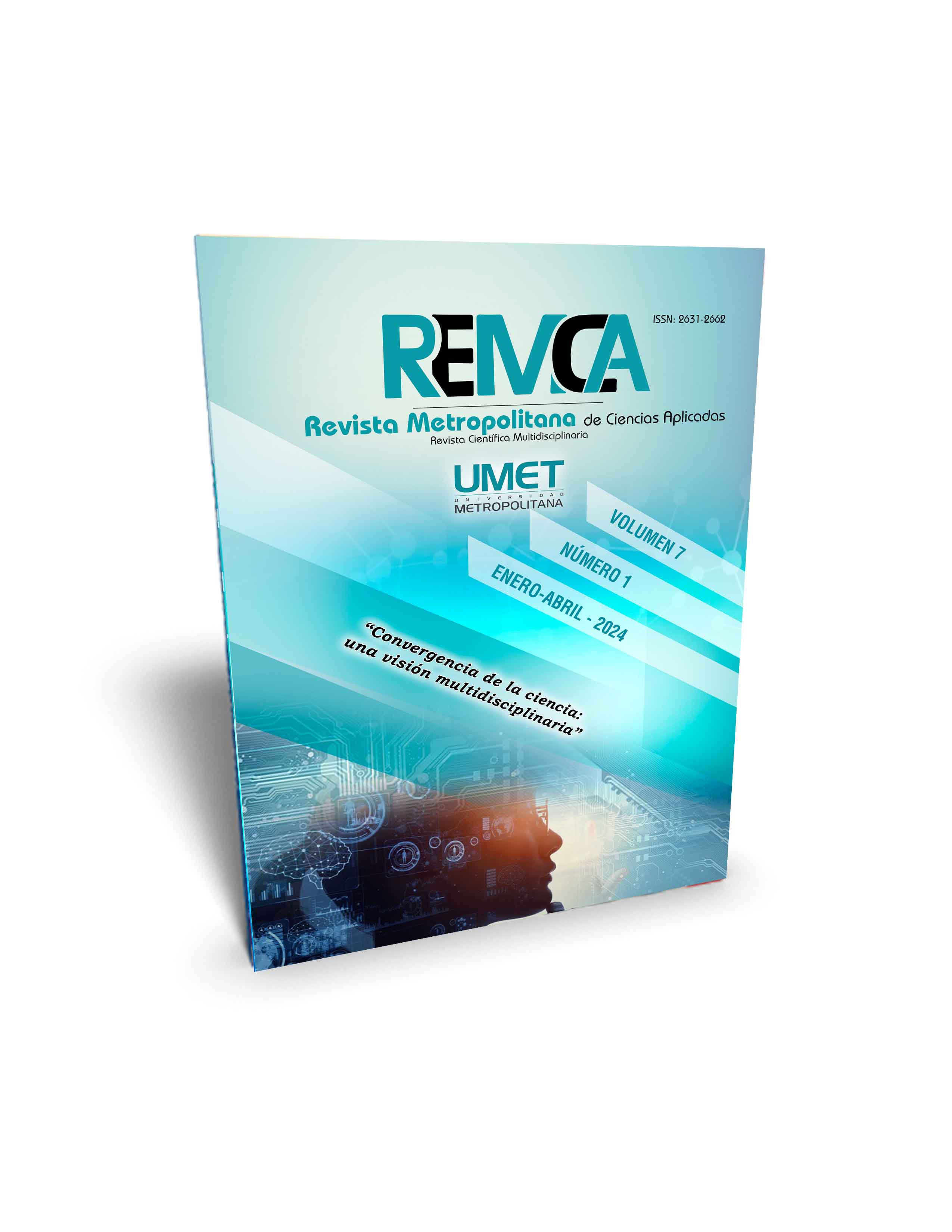Drunkenness as an aggravating factor in traffic crimes in Ecuador: a comprehensive analysis
DOI:
https://doi.org/10.62452/22krbh82Keywords:
Aggravating circumstance, crimes, trafficAbstract
For years now, within the traffic system, there has been a considerable rate of traffic accidents within our country, which have resulted in injuries and even death, and a large percentage of these have been due to being in a state of intoxication. as demonstrated by the file of Traffic accidents of the last months corresponding to this year, where driving under the influence of alcohol, narcotic or psychotropic substances and/or medications, is one of the most common causes of Traffic accidents. Thus, this article presents a proposal for reform to the aforementioned article where one of the aggravating factors in addition to those already described is that of someone who causes an accident under the influence of alcohol, for which, we will focus on proven results, reliable investigations, surveys and others, to corroborate the need that causing an accident while intoxicated does not go unpunished and that both the victims and the owners and drivers of the affected vehicles are fully repaired, and thus be able to put an end to the problems that have been currently occurring within the Judicial system and within society as such, resolving the gaps that have been discovered through both judicial practice and all the authorities that make up the procedure to be followed in Traffic Crimes.
Downloads
References
Amancha Moyolema, J. C. (2015). El consumo de alcohol en los conductores y los accidentes de tránsito en la ciudad de Ambato. (Tesis de licenciatura). Universidad Técnica de Ambato.
Cabanellas, G., & Cabanellas, G. (1979). Diccionario jurídico elemental. Heliasta.
Ecuador. Asamblea Nacional. (2014). Código Orgánico Integral Penal. https://www.oas.org/juridico/PDFs/mesicic5_ecu_ane_con_judi_c%C3%B3d_org_int_pen.pdf
Ecuador. Asamblea Nacional. (2008). Ley Orgánica de Transporte Terrestre, Tránsito y Seguridad Vial. Registro Oficial Suplemento 398. https://www.turismo.gob.ec/wp-content/uploads/2016/04/LEY-ORGANICA-DE-TRANSPORTE-TERRESTRE-TRANSITO-Y-SEGURIDAD-VIAL.pdf
Guamán Chacha, K., & Yaulema Calvopiña, S. X. (2017). El principio de duda razonable a favor del reo en la aplicación del artículo 245 del reglamento general para la aplicación de la ley orgánica de transporte terrestre, tránsito y seguridad vial. (Tesis de licenciatura). Universidad Autónoma de Los Andes.
Horni, J. (2023). Somos lo que hacemos: La adicción, un trastorno de la conducta de uso o consumo. Editorial Autores de Argentina.
Jaramillo, M., Conrado, L., & Velásquez, F. (2015). Urgencias en la atención prehospitalaria: Técnicas básicas y avanzadas para el personal asistencial. Corporación para investigaciones Biológicas CIB.
Real Academia Española. (2022). Diccionario de la lengua española. RAE.
Recalde, R. C. (2021). Análisis de la culpabilidad como presupuesto para determinar la responsabilidad en la embriaguez. Revista jurídica. Investigación en ciencias jurídicas y sociales, 2(11), 16-47.
Rincón Quintero, Y., Montoya Álvarez, D., & Vélez Patiño, P. (2018). Estrategias de Responsabilidad Social Empresarial en organizaciones del sector construcción en Medellín. RETOS. Revista de Ciencias de la Administración y Economía, 8(16), 79-94.
Downloads
Published
Issue
Section
License
Copyright (c) 2024 Vanessa Lisbeth Pinos-Paredes, Marco Gustavo Chonga-Chávez, Rommel Geffrey Ceron-Rubio, Natalia Alejandra Salinas-Morocho, Diego Patricio Dueñas-Reyes (Autor/a)

This work is licensed under a Creative Commons Attribution-NonCommercial-ShareAlike 4.0 International License.
Authors who publish in Revista Metropolitana de Ciencias Aplicadas (REMCA), agree to the following terms:
1. Copyright
Authors retain unrestricted copyright to their work. Authors grant the journal the right of first publication. To this end, they assign the journal non-exclusive exploitation rights (reproduction, distribution, public communication, and transformation). Authors may enter into additional agreements for the non-exclusive distribution of the version of the work published in the journal, provided that acknowledgment of its initial publication in this journal is given.
© The authors.
2. License
The articles are published in the journal under the Creative Commons Attribution-NonCommercial-ShareAlike 4.0 International License (CC BY-NC-SA 4.0). The terms can be found at: https://creativecommons.org/licenses/by-nc-sa/4.0/deed.en
This license allows:
- Sharing: Copying and redistributing the material in any medium or format.
- Adapting: Remixing, transforming, and building upon the material.
Under the following terms:
- Attribution: You must give appropriate credit, provide a link to the license, and indicate if any changes were made. You may do this in any reasonable manner, but not in any way that suggests the licensor endorses or sponsors your use.
- NonCommercial: You may not use the material for commercial purposes.
- ShareAlike: If you remix, transform, or build upon the material, you must distribute your creation under the same license as the original work.
There are no additional restrictions. You may not apply legal terms or technological measures that legally restrict others from doing anything the license permits.




